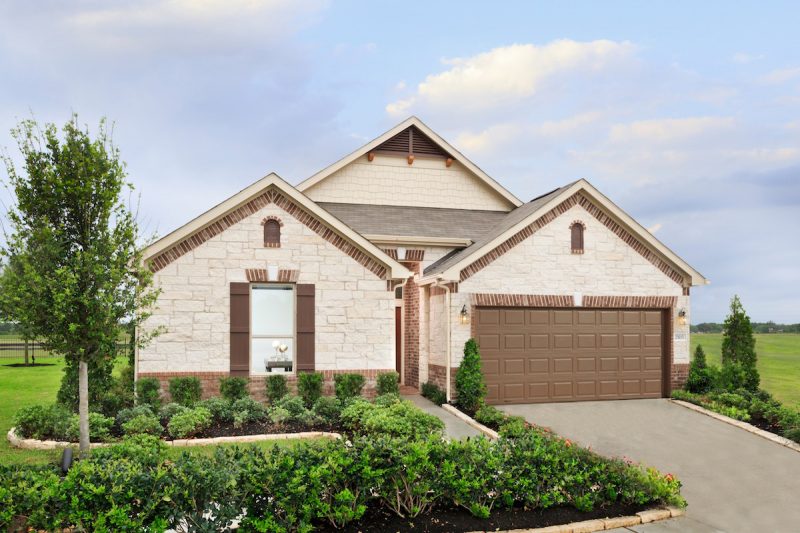Good news for sellers: Home prices are on the rise. But buyers should brace for higher prices.
Nearly all—93%—of the largest metros in the U.S. saw home prices rise in the third quarter over the past year. A shortage of homes for sale, combined with higher demand, continues to push home prices higher, according to the latest quarterly report from the National Association of REALTORS®, released Thursday.
The national median existing single-family home price in the third quarter was $280,200, a 5.1% increase from a year ago.
“Incremental price increases are to be expected, but the housing market has been seeing re-acceleration in home prices as more buyers want to take on lower interest rates in the midst of insufficient supply,” says Lawrence Yun, NAR’s chief economist. “Unfortunately, income and wages are not rising as fast and will make it difficult to buy once rates rise.”
Ninety-six out of 178 metros that NAR tracked saw home price growth of 5% or higher. Ten metros saw double-digit increases in the third quarter annually, led by Montgomery, Ala. (12.6%); Spokane-Spokane Valley, Wash. (12.6%); and Salt Lake City (12%).
Yun has repeatedly called on the new-home industry to build more to meet the growing demand. He acknowledges there has been some progress. “In some markets, yes, we’re seeing construction companies ramp up plans to build more houses,” Yun says. “But in an overall comparison of 2019 and 2018, fewer homes have been built. So, hopefully home builders will expand their plans in order to better address the national inventory shortage.”
At the end of the third quarter, 1.83 million existing homes were available for sale. That is 2.7% less than the year ago. The average supply during the third quarter was 4.1 months.
While the majority of metros saw higher prices in the third quarter, a few markets did register lower prices, notably in areas long-known for high costs. Single-family median home prices moderated in the third quarter in markets such as San Jose-Sunnyvale-Santa Clara, Calif. (–4.6%); San Francisco-Oakland-Hayward, Calif. (–2.5%); and San Diego-Carlsbad, Calif. (–0.8%).













